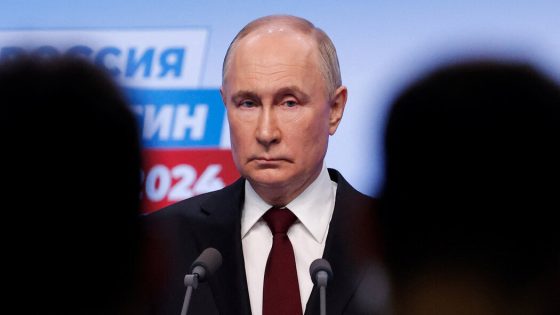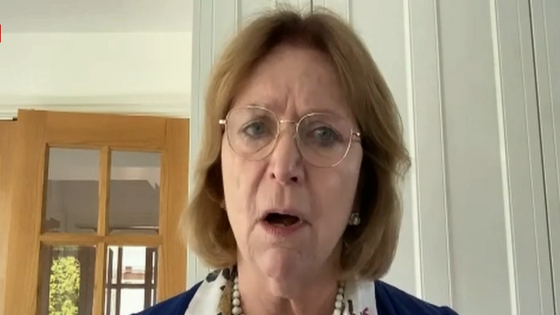President Vladimir V. Putin described the death of the imprisoned opposition leader Aleksei A. Navalny as an “unfortunate incident” and claimed he had been ready to release him in exchange for Russian prisoners held in the West.
Mr. Putin, in a news conference after Russia’s presidential election, said that “some people” had told him before Mr. Navalny’s death “that there was an idea to exchange Mr. Navalny for some people held in correctional facilities in Western countries.”
“I said, ‘I agree,’” Mr. Putin said. “Just with one condition: ‘We’ll trade him but make sure that he doesn’t come back, let him stay over there.’”
He added: “But this happens. That’s life.”
The comments, in response to a question from NBC News, were Mr. Putin’s first about Mr. Navalny’s death at a penal colony in the Arctic— and a rare moment, if not the first, when the Russian president uttered Mr. Navalny’s name in public.
Aides to Mr. Navalny asserted after his death that he had been on the verge of being freed in a prisoner exchange. A Western official told The New York Times at the time that “early discussions” on the possibility of such a swap had been underway when Russian authorities reported Mr. Navalny dead on Feb. 16.
The Western official said that the discussions had involved swapping Mr. Navalny along with two Americans imprisoned in Russia — Evan Gershkovich, a reporter for The Wall Street Journal, and Paul Whelan, a corporate security executive and former Marine — in exchange for Vadim Krasikov. Currently imprisoned in Germany, Mr. Krasikov was convicted of killing a former Chechen separatist fighter in Berlin in 2019.
“This is a sad event,” Mr. Putin said about Mr. Navalny’s death. “But we’ve had other cases when people have passed away in correctional facilities. And what, hasn’t this happened in the United States, too?”
While Mr. Navalny was alive, Mr. Putin’s distaste for him was such that he never said his name in public, according to the Kremlin’s archive of Mr. Putin’s interviews and speeches.
Mr. Navalny nearly died in 2020 after being poisoned by a military-grade nerve agent while on a trip to Siberia. Western officials described the poisoning as an assassination attempt by the Russian state.
Source Agencies


